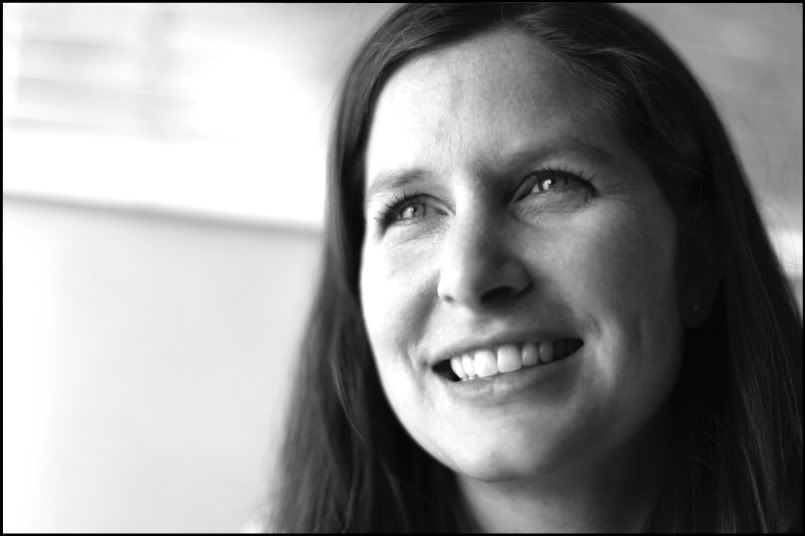Janna Dean, Eating Disorder Awareness
For several years (and many different scale weights) I've been seeking to heal myself of body image discrepancies. I have found a higher source in my friend and neighbor Janna Dean. Her thoughts are radically different from Yahoo's Front Page news sources on Losing Weight and Being Healthy. But in listening to her ideas I have come a long way. Janna will be writing monthly posts for me this year, we hope to help others who might have the same challenges. Enjoy! -C. Jane
“The body holds meaning. When we probe beneath the surface of our obsession with weight we will find a woman obsessed with her body is expressing a serious concern about the state of her soul.” (Kim Chernin, author of The Hungry Self: Women, Eating and Identity and The Obsession: Reflections on the Tyranny of Slenderness)
Last week was National Eating Disorder Awareness Week. Did you know that in the United States, as many as 10 million females and 1 million males suffer from anorexia or bulimia? Approximately 15 million more struggle with binge eating disorder. There are likely many, many more than this but it is hard to get an accurate picture of an addiction that is widely regarded as “normal,” and even (horrifyingly) “admirable.”
And how many others are teetering on the edge, struggling with what I refer to as “disordered eating?” These are people who may not have fallen off the edge into a full-fledged eating disorder but nonetheless are constantly drained by days filled with food rules, calorie counting, body hatred, and self degradation.
Our culture is infused with unrealistic expectations and incredible distortions that lead to all sorts of damaging beliefs about ourselves and others. Our understanding of what is healthy and desirable unfortunately can reward eating disorders with a sense of awe, glorification, and many, many misconceptions.
Misconception: Eating disorders are about food, weight and appearance.
Truth: While eating disorders often start with a preoccupation of weight and appearance they are much more complex. Eating disorders are about the loss of self-esteem, constant self-criticism, and painful, unrelenting perfectionism.
Misconception: If someone is eating “normally” or looks normal or overweight, he or she must not have a serious eating disorder.
Truth: You don’t have to look emaciated to have an eating disorder. In fact, 70% of people with bulimia are of average or above average weight. Eating disorders are very serious illnesses that can lead to permanent health problems and death. Size or weight is not a reliable indicator of seriousness.
Misconception: Eating disorders are just a normal, teenage girl phase.
Truth: Eating disorders are not normal and not a phase. They afflict women and men of all ages, sizes, and shapes. Left untreated eating disorders can quickly spiral out of control.
Misconception: People with an eating disorder just need self control—“just eat” or “stop throwing up.”
Truth: Eating disorders are addictions. Just like other addictions, eating disorders lead people to destroy themselves physically, mentally, emotionally, socially, and spiritually. Telling an alcoholic to stop drinking will do nothing to help the addiction. Likewise, implying that someone with an eating disorder simply needs to “eat” or “stop” will do nothing but add shame and feelings of failure to the addict’s already low self-esteem.
Misconception: Eating disorders are incurable.
Truth: Eating disorders are difficult to treat and recovery does take a long time. But full recovery is absolutely possible.
If you or someone you love is struggling, there are things you can do to begin the process of healing.
- Gently confront that person alone and offer evidence and observations that express your concern.
- Don’t make comments about appearances or bodies. No matter how well intentioned you may be these types of comments are never helpful. Find other, more substantial things to focus on.
- Don’t give advice about weight loss, appearance, or exercise.
- Don’t sensationalize the eating disorder. Keep talk away from weight, food, exercise and talk about the real, underlying struggles.
- Educate yourself, ask questions and listen.
- Get help. Treatment is complex. People with eating disorders need to see a qualified professional. The therapist can help you decide if the person will need medical monitoring and dietary counseling in addition to therapy.
- Don’t oversimplify. Eating disorders cannot be solved or “cured” through religious practices alone. Oversimplifying increases the guilt and shame the addict already feels about not being able to recover on their own.
- Be patient. Provide HOPE. Recovery is possible.

Janna Dean LCSW is a practicing therapist specializing in treating eating disorders and other addictions. She is the mother of two four-year-olds, loves camping and making cookies for her neighbors. Her neighbors really appreciate it. Cause they are good cookies.

